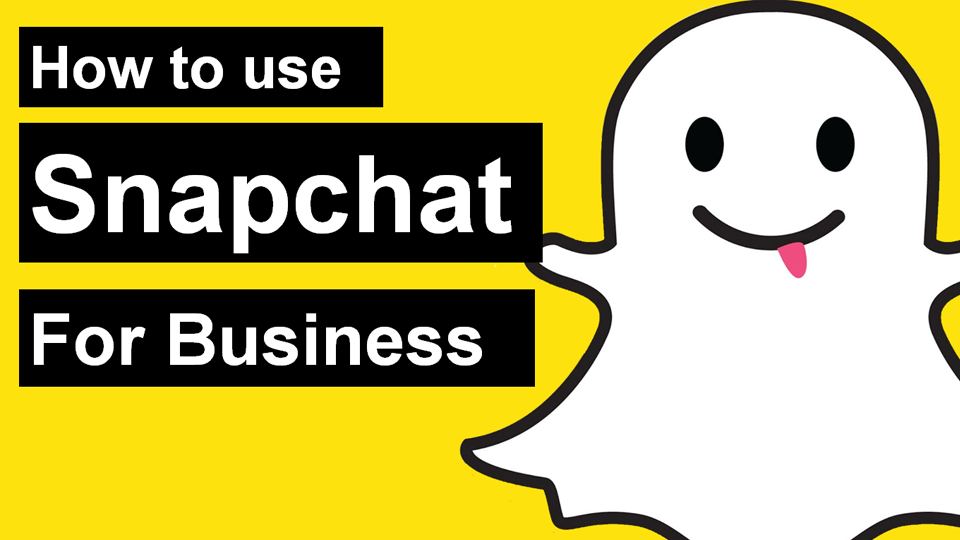Voice Marketing: How to Prepare for Voice Assistants and Smart Speakers

The future of voice marketing is here… Are you ready?
According to a Bright Local study, 58% of consumers have used Voice assistants to find information about local businesses for the past 12 months. Consumers want to use this technology to make reservations, get prices for products and services, and confirm if a store has a certain product in stock.
In short, smart speakers are already here and they are here to stay. As professionals in marketing, we need to rise to the challenge to get the full potential of this technology, so don’t miss these keys to voice marketing!
Key number 1: Rethink your SEO
Optimizing your site for voice marketing involves rethinking how users are going to search for you and adapting your content accordingly. Take note of these tips:
- Think in questions and answers. A very common use of voice assistants is to solve doubts quickly, from “What is the weather going to be like today in Barcelona?” to “Tell me what time the hairdresser opens”. Therefore, when optimizing the content of our website for smart speakers, we have to think about what our users’ doubts may be and how to solve them with a quick response. It should also be borne in mind that the same question can be asked in many different ways.
- Research your keywords. It is very likely that the keywords of your global SEO strategy are not useful for voice marketing, since our way of searching for information is very different in oral and written language. Therefore, you’ll need to do thorough research on your keywords again. Keep in mind that voice searches tend to be much more specific and focus on long-tail terms: for example, instead of “hotel in Madrid” you may be more interested in positioning yourself for “3-star hotel near El Retiro Park”.
- Optimize your schemas and microdata. In voice SEO, we’re not going to rely on articles written hundreds or thousands of words, so it’s important to look for other methods for crawlers to identify and understand your website’s content. Therefore, my recommendation is that you consult with an SEO expert on page to give a good overview of both schemas (which help search engines understand the context of a piece of content) and microdata (which informs crawlers of data such as your company’s phone number or address).
Key number 2: empathize with the user
Voice marketing brings us closer to the way people communicate with each other, and therefore, we expect voice assistants to be much more “human” than websites. For marketers, this poses several interesting challenges:
- Get the tone right. Overly robotic smart speakers are repulsive to us, but we also don’t want them to be overconfident. In turn, the answers have to reflect the values and style of the brand. In particular, it is important to take care of the responses to users when an error occurs. The wizard should ask the necessary questions to clarify what the problem is and clearly tell the user how to solve it. If a quick response is not possible, it is a good idea to redirect the user to a web page or mobile app that can help them resolve the error.
- Give the right information. We must solve all the user’s doubts, but always being careful to go little by little and not overwhelm them. Telling them the weather information, the news of the day, the traffic, and all the events on their agenda before having their first coffee can be a bit excessive.
- Master the context. When we speak, we don’t repeat all the information at once, but instead rely on context to omit data that is implied. For a voice assistant to work properly, it has to take into account the user’s previous searches (“Where is the Eiffel Tower?”, “How tall is it?”), the place where they are (“search for bakeries near me”), their current activity on the mobile (“show me more information about Carrie”), and the data you have about them (“calculate route from my home to work”).
- Listen (really) to the user. When we speak, we want to feel like we’re really being heard. For smart speakers, this means tailoring the response to the type of question and the tone of the user, taking into account the emotional implications of each situation, and assuring them that the message has been received correctly, for example, by asking them what they want to say or with a simple “Okay, I’m going to…”.
Key number 3: find new voice marketing talents
As always happens in our sector, we have to recycle ourselves and look for new talent to adapt to the technologies that arise. What are the characteristics that a voice marketing expert should have?:
- Creative. In the end, experts in voice assistants will have to write the “scripts” with which these devices interact with people, so they will have to be able to anticipate all kinds of situations and give an appropriate response. They will also have to design the personality of the intelligent assistants to connect with users.
- With knowledge of SEO and user experience. These two disciplines will give you a good foundation to make sure that you position your content well and respond to user needs quickly and effectively.
- With audiovisual experience. You don’t have to work in radio or other audiovisual media, but you do have to understand how spoken language works and how it differs from written language. In short, you will need to have a good ear for conversations.
- Empathetic. Perhaps the most important characteristic is to be able to put yourself in the shoes of users, understand what they are feeling at all times, and adapt the responses of the voice assistant so that it is as useful as it is human.










